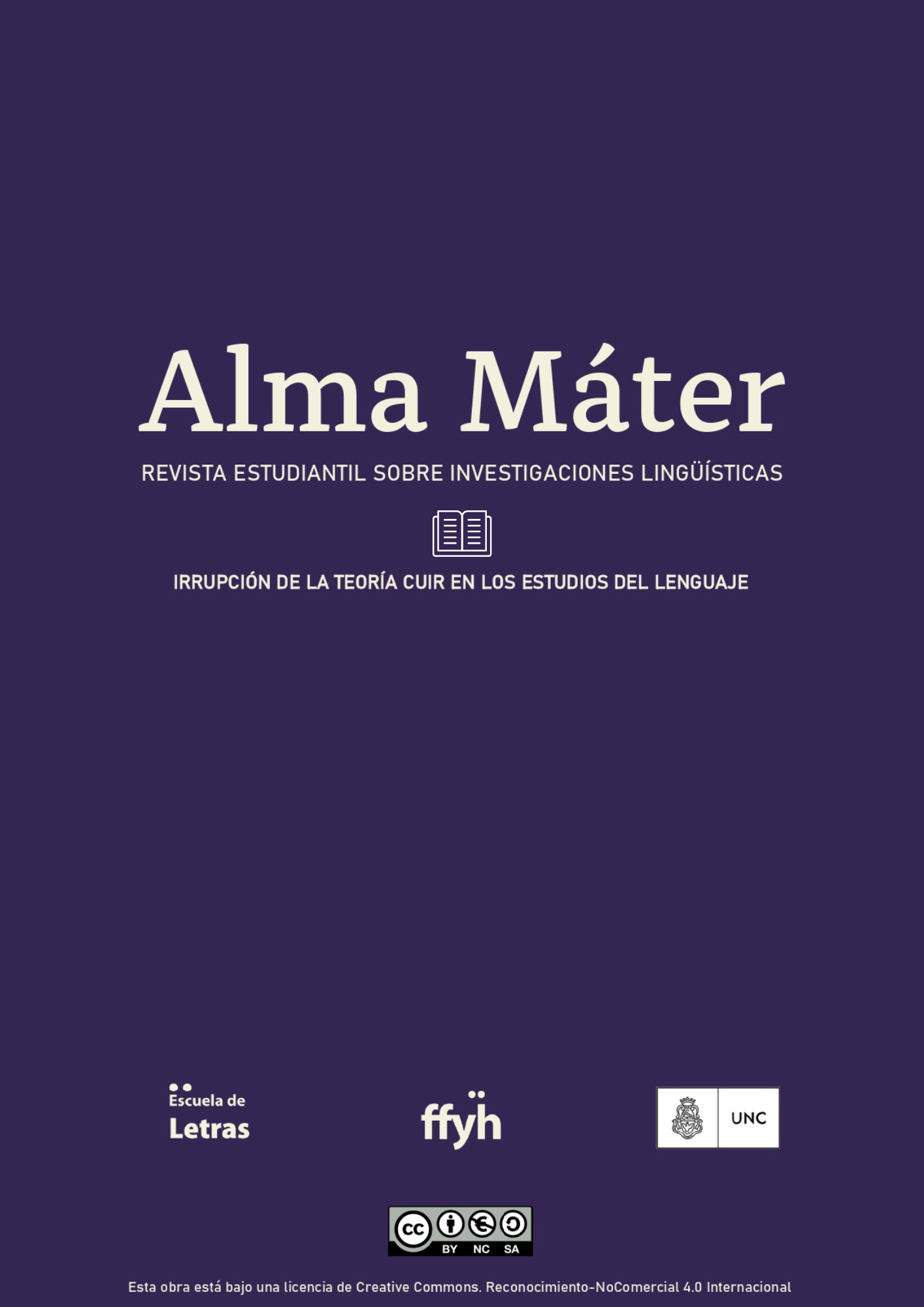Queer Linguistics in Dialogue with Critical Disability Studies in Latin America. Queer, cuir, cuy(r) or (possibly) cuis. Review of the study by García León and García León
Keywords:
queer linguistics, disability, critical discourse studies, intersectionality, decolonialismAbstract
García León and García León (2021) propose a study in which they explain what queer theory is about, what its genealogy is and what potential its appropriation would have for the investigation of Latin American reality from a critical, decolonial and intersectional perspective. In particular, they focus on the case analysis of the linguistic-discursive representations around the figure of a disabled trans woman in the Colombian media. In the following review, we retrace the path that leads the authors to reaffirm the need to question ableist and cis-heteronormative representations in order to give voice to the reality of multiple dissident subjectivities, paying special attention to the possibilities that this research opens up by linking two theoretical-methodological perspectives: queer linguistics and critical disability studies.
Downloads

Downloads
Published
How to Cite
Issue
Section
License
Copyright (c) 2023 Paula Inés Actis

This work is licensed under a Creative Commons Attribution-NonCommercial 4.0 International License.
Los textos están protegidos por una Licencia Creative Commons Atribución/Reconocimiento-NoComercial 4.0 Licencia Pública Internacional — CC BY-NC 4.0. Dicha licencia autoriza a a terceros utilizar lo publicado, siempre que se otorgue el adecuado reconocimiento; se mencione la autoría del trabajo y la publicación en la revista Alma Máter y no se haga uso del material con propósitos comerciales.





